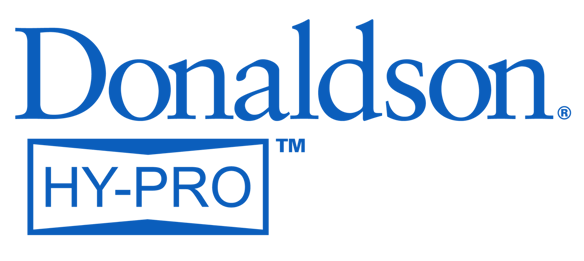Servo valves are a tiny but essential component of manufacturing processes. However, as you will see in the video case study below, servo valves can fall victim to failure due to excessive fluid contamination. Watch the video below to see how a tire plant in the south diagnosed and dealt with a servo valve problem that would have resulted in thousands of dollars of damage.
Video Transcript
Servo valves are some of the most versatile pieces of equipment ever invented and have shown their usefulness since the 1940’s. Known for their extreme accuracy, short reaction time, and low power consumption, servo-valves have found their way into almost every form of industry across the world. Servo valves rely on electricity for their accuracy, but rely on hydraulic oils for their force. The most common issue with servo valves is related to the subpar filtration before the servo valves, which causes particulate contamination of the hydraulic oils and in turn destroys the functionality of these little miracle machines. In this episode, we will be discussing a tire plant’s servo valve issues and how Hy-Pro was able to help, so stay tuned.
At a tire plant in the southern part of the United States, poor filtration was causing unexpected downtime and extreme maintenance costs associated with the repair or replacement of 198 servo valves in one year. This issue was way past the point of annoyance by the time the plant contacted Hy-Pro, having already spent close to a half-million dollars in repairs and replacements alone. With Hy-Pro’s problem solvers on-site to investigate the issues, the plant identified the system which was experiencing the most amount of problems, and Hy-Pro focused their sights on diagnosis there. The general servo-valves being used by the tire plant required a maximum operating ISO fluid cleanliness code of 16/14/11 and their more sensitive valves required a code of 14/12/9. With the joint use of in-line particle counting and offsite oil analysis, the problems showed themselves quickly when the actual cleanliness of the plant was revealed to be at an ISO Code of 22/20/17. These counts meant that the plant had been allowing over 62 times more contaminants through their general servo-valves and over 250 times more contaminants through their more sensitive servo-valves than what was maximally allowed by their manufactures. These contaminants were creating friction, heat, and destruction inside of their servo-valves and without proper filtration, their problems were only going to get worse.
Hy-Pro’s team was quick with a solution, but the physical restrictions of the plant’s layout would make it difficult to achieve. Initial solution ideas included the implementation of Hy-Pro’s FPL or filter panel as an off-line filtration solution, but its size was too large to fit in between the tire grinders, and there was no wall in which the plant could attach them. At this point, the on-site Hy-Pro representative reached out to our Custom Solutions Team at the home plant in Anderson, Indiana, and shared with them the tire plant’s issues so that they could devise a solution that would best suit the unique needs of the customer. Within one day, a drawing of the custom solution was created and within a week it was built and on its way to the plant. The finished product was a variation of Hy-Pro’s FPL assembly that was first suggested for the fix, only the size had been cut almost in half from 42 inches wide to 24 inches wide. Instead of a traditional dual housing approach, as seen with our stock FPL’s, an upgraded single housing approach was taken and coupled with a one-gallon-per-minute pump setup that would allow for perfect circulation of the troubled machine’s 25-gallon hydraulic reservoir. The lack of a wall for mounting this custom solution forced the creation of a self-standing option that could be used for this exact instance, and so the FPL stand was invented. These two new custom creations formed the basis of what would be the solution to the tire plant’s servo-valve issues. Also, Hy-Pro advised the installation of a breather atop the hydraulic reservoir to exclude solid particulate ingression from the atmosphere.
Hy-Pro team members installed and started up the new equipment. The fitment was exact, and the execution was precise, this new custom solution was up and running within an hour of unpackaging. After 3 days of running, Hy-Pro returned to reassess the hydraulic oil’s condition by conducting in-line and offsite oil analysis. This time, the results were drastically different from the first test’s ISO codes of 22/20/17, now tests were showing ISO codes of 13/9/7, representing a 99.8% reduction in the level of particulate contamination in this single closed loop system. It was less than two weeks before the plant had submitted the order for 34 more machines, one for each of their tire grinders.
In the first six months after installing the remaining units, the tire plant only repaired 3 servo-valves, suggesting they would possibly service six throughout the entire year. That by itself was already a reduction of $317, 995 savings within the first year, and with the cost of the equipment factored in, the tire plant still saved over $200,000 in the first year of savings. But let’s take a look of the compounded savings of the plant over 10 years.
Factoring in a base repair costs of $13,200 for the repair or replacement for up to six servo-valves a year and the estimated yearly filter replacement costs of roughly $5,250, the tire plant’s annual savings for every year after the first, would be right around $417,150 annually, and if we multiply that by the ten-year outlook, we get a total of $4,072,345 that will be saved with the integration of Hy-Pro’s problem-solving solutions. These are the types of numbers that can change a plant’s ability to compete, and because of the forward-thinking approach of this tire plant’s maintenance professionals to reach out to Hy-Pro for help, this plant is going to be competing at a step above the rest of their competition and with more capital to invest for the long run.
Servo-valves are some of the most critical components in today’s industries, and as most maintenance professionals are aware, they can be costly and time-consuming to replace. If you are having issues pertaining to the function of your servo-valves or any other critical equipment that you might have, or if you have questions on this topic or any others, then reach out to us at info@hyprofiltration.com.






